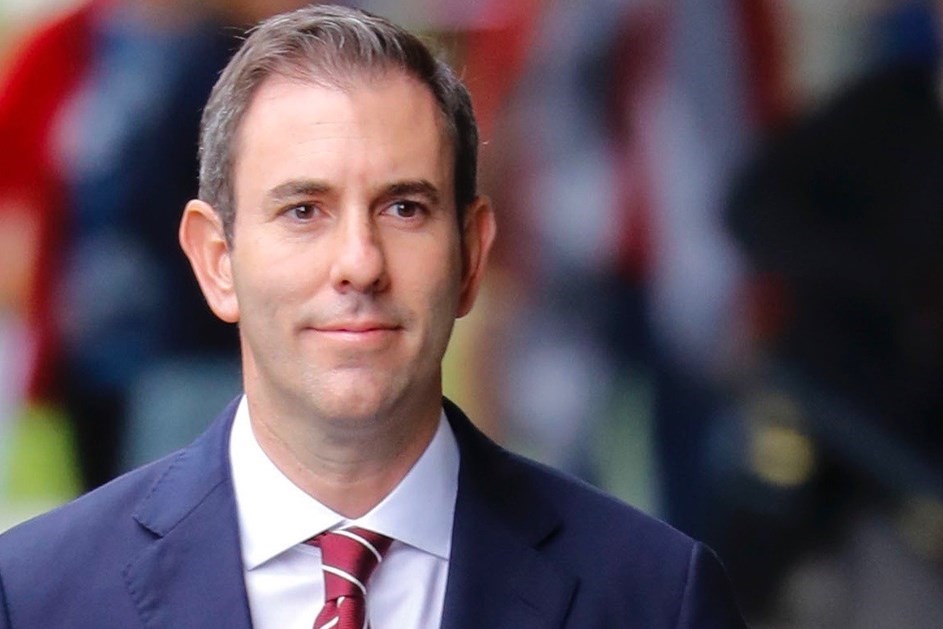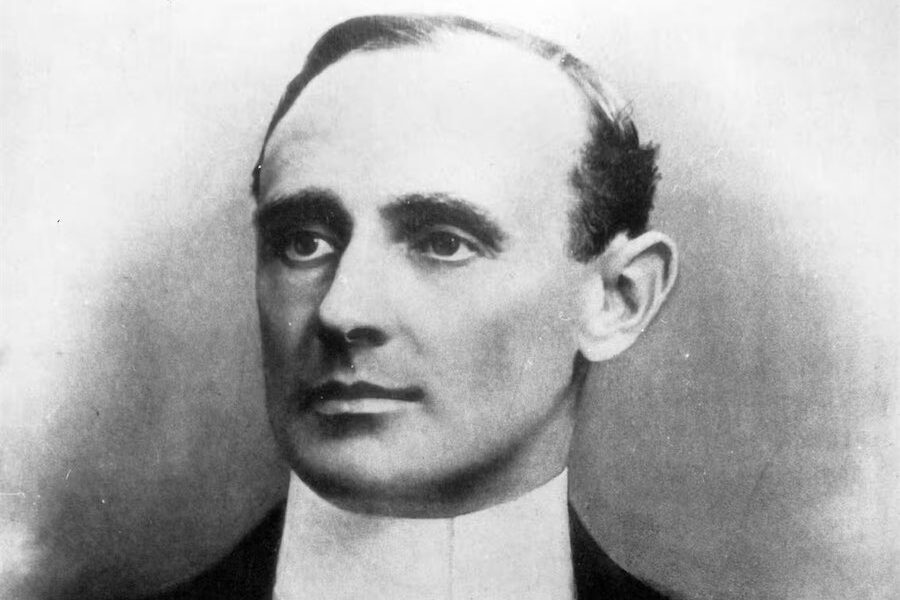
The government invited ambit claims for the budget and now it will be judged against them, writes MICHELLE GRATTAN.
BUDGETS are for stakeholders and interest groups like Christmas is for kids. They’re preceded by a multitude of letters to “Santa”, aka the treasurer, in the run-up.

For the May 9 budget, two key correspondents were appointed by the government itself. This week, the wish lists from the Economic Inclusion Advisory Committee and the Women’s Economic Equality Taskforce were released.
The inclusion committee, an ongoing body to review the adequacy of welfare support, was born out of a demand to Prime Minister Anthony Albanese from Senate crossbencher David Pocock last year, in exchange for his vote on the government’s industrial relations legislation.
It was always clear the committee would confront the government with more demands than could be met, and that would become a political challenge.
The taskforce, chaired by businesswoman and gender equity advocate Sam Mostyn, was set up to reflect the government’s desire to underline its policy tilt towards women.
Managing expectations before a budget is always tricky, and these committees are making this especially so for Treasurer Jim Chalmers ahead of his second budget.
The message from Chalmers is that funds are limited and the government can’t do all it might like to do (let alone all that others might want it to do).
Indeed, Chalmers is trying to find ways to constrain spending – to allow maximum room for budget repair – rather than expand it.
The Minister for the National Disability Insurance Scheme, Bill Shorten, this week outlined areas for reform of the NDIS to get it “back on track”. While Shorten stresses this is about improving outcomes, everyone in government knows the NDIS’s costs must be contained or the scheme will be totally unsustainable.
On Treasury figures, the inclusion report’s recommendations would cost more than $34 billion over the forward estimates.
The government has indicated it expects to adopt some of the proposals. But it has already shied away from the biggest one: a large increase in JobSeeker, which the report says should be taken to some 90 per cent of the age pension (at a cost of $24 billion over the forward estimates).
That would restore the relativity of the mid-1990s. At present, the rate for singles is about 65 per cent of the age pension.
Among the things on the “urgent” list of the women’s taskforce is reinstatement of the parenting payment (single) for women with children aged over eight, abolition of the childcare subsidy activity test and investment in “an interim pay rise for all early childhood educators”.
Despite the government ruling out the “large” increase in JobSeeker, it is still possible the budget could make some change to it, among other pickings from the inclusion report.
Similarly, the government could take up the reinstatement of the parenting payment (single), for which there is considerable pressure.
The inclusion committee is chaired by former Labor minister Jenny Macklin, who has an extensive background in welfare policy, and includes substantial expertise among its members. Its report contains a plethora of detail and it is closely argued.
The report’s lens is squarely focused on issues of adequacy and poverty. While it says its JobSeeker recommendation would not be a significant discouragement to seeking paid work (and the current low rate is a barrier to doing so), some believe the recommended big lift would indeed create a disincentive in our present full employment labour market.
Many people, especially in Labor’s base, will see this report as a benchmark for what a Labor government should do to promote fairness for those at the bottom and create a more equitable society. The same applies with the women’s taskforce measures.
In that sense, the budget must inevitably fall short of the tests these reports pose for it.
Commentators have already suggested a parallel, of sorts, between the proposed indigenous Voice to Parliament and the inclusion committee. The comparison is a very long stretch, but in each case, special access is involved but the government isn’t bound by recommendations.
What we are seeing with the inclusion committee (and indeed the women’s taskforce) is that the demands may shape the public conversation. The same would apply with the Voice.
How the government responds to the inclusion committee in particular could affect its future relations with the Senate crossbench. Pocock is already out in the media rejecting the government’s arguments that it is constrained by a lack of resources. What about those $250 billion stage 3 tax cuts? he asks. (The government has said they won’t be touched in this budget.)
The way Pocock and other key crossbenchers react post-budget will depend on precisely what’s taken up. Pocock will be able to claim a victory if he can say his demand for the committee made a difference.
While the budget is a major juggling act for Chalmers, his reform of the Reserve Bank is shaping up, in political terms, as an easier task.
The changes in the report from the review panel, released on Thursday and accepted in principle by the government, are extensive. These include setting up an expert board that would decide monetary policy, which would be separate from the bank’s general board. The aim is to improve the decision-making of the bank, which has come under sharp criticism in the wake of its recent performance on interest rates.
Some of the changes will require legislation, for which Chalmers has been very anxious to get a bipartisan approach. He doesn’t want to have to haggle with the Senate crossbenchers, cutting deals and finding trade-offs, in this sensitive area.
So he has engaged the shadow treasurer, Angus Taylor, during the review process. Taylor has been briefed along the way and was given an advance copy of the report.
The strategy appears to have paid off. Taylor was positive about the review’s plan for a board of experts, and said: “It is the Coalition’s intention to continue to approach the implementation of this review with a spirit of bipartisanship.”
It’s a rare and welcome move away from the opposition’s usual hyper-negativity.![]()
Michelle Grattan, Professorial Fellow, University of Canberra. This article is republished from The Conversation.
Who can be trusted?
In a world of spin and confusion, there’s never been a more important time to support independent journalism in Canberra.
If you trust our work online and want to enforce the power of independent voices, I invite you to make a small contribution.
Every dollar of support is invested back into our journalism to help keep citynews.com.au strong and free.
Thank you,
Ian Meikle, editor




Leave a Reply